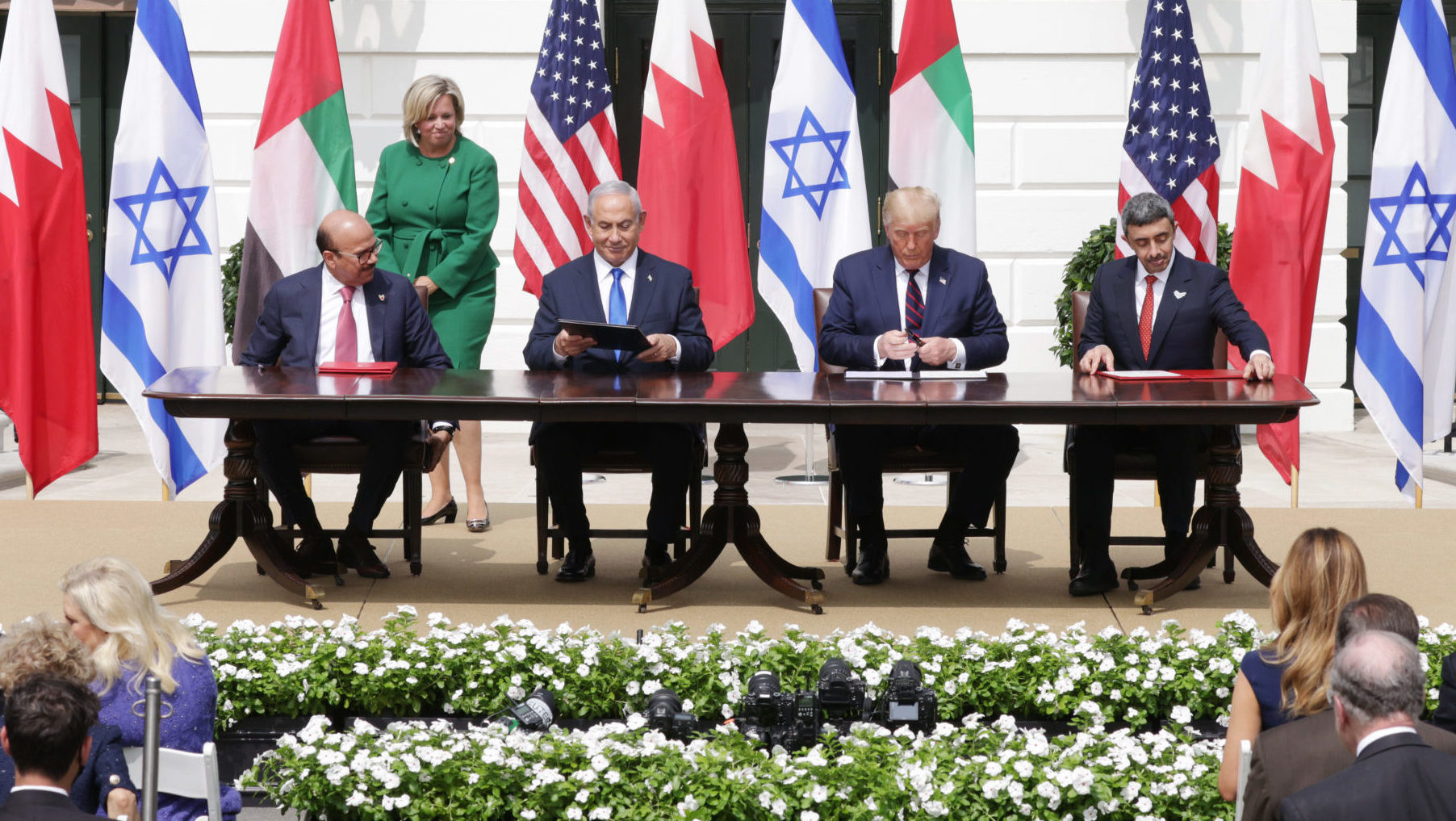Gulf States Anxiously Await Results of Upcoming Israeli Elections
Abraham Accords and a change in US administrations have all raised the level of uncertainty ahead of Israelis going to the polls
[DUBAI] As Israel prepares to go to the polls, some states in the Gulf region are anxious for change, while others believe the stability of another term for current Israeli Prime Minister Binyamin Netanyahu would be better for the region.
It has been a historic year for the Middle East, which has seen United States-brokered normalization agreements signed between Israel and both Bahrain and the United Arab Emirates, as well as Sudan and Morocco in North Africa. A new US president makes a potential change at the top in Israel all the more uncertain.
The Abraham Accords, negotiated under the Donald Trump Administration, heralded a new era for the Middle East, but with Biden now keen to bring the most-feared regime in the region to the table, namely Iran, anxiety levels for many are high.
Samuel Cardillo is a Belgian-Israeli security expert based in the United Arab Emirates. He says that this election, more than ever, matters for the Gulf and wider Middle East. “It always mattered and matters even more this time,” he said. “The Middle East is clearly shaped by Israeli politics and because there are such specific ties between the US and Israel, how Israel behaves also dictates how the US will behave in the region, and the military operations to be made.”
Not only have there been huge changes in the region since the last elections in Israel due to the historic Abraham Accords, with the increasing fears of Iranian aggression as recently as the Friday attack on an Israeli vessel in the Gulf of Oman, it is a critical time.
“We are at a decisive moment with Iran and there are so many changes in trade and the economy too,” Cardillo, founder of ShadowBreak Intl., said. He predicts that it will be only a short time before Netanyahu naturally steps away from politics, after decades at Israel’s helm. “Netanyahu will jump out of the political game very soon and there will be change from his government to the new one,” he said.
While Israeli society needs and wants that drastic change, it will indeed have a ripple effect on the region and on the US, now keen to get Iran back to the negotiating table after the tougher approach taken by Trump. “The hidden war against Iran and the non-hidden war against Iranian proxies makes this all very relevant for everyone in the region,” Cardillo added.
Vernon L. Pedersen, head of the department of international studies at the American University of Sharjah, says the issue of the Palestinians remains firm in the UAE and in the wider Gulf. “The UAE has taken a risk recognizing Israel and what they need out of the elections is stability and a low-key approach to the West Bank,” he added, saying that while the advantages of the Abraham Accords are huge, there are many still very aligned to the Palestinian cause.
“There is a very conservative part of the population raised on the plight of the Palestinians and the ‘evil nature of the Israelis,’” he explained, “not to mention that the UAE, and the Gulf in general, are filled with Palestinians.”
Most importantly, he said, the Gulf needs “a government in Israel that will honor the accords and not do anything to rock the boat until the benefits of the new ties to Israel become obvious to everyone.”
No one can deny the rising tensions between the Democrats and the Gulf States in the past decade, and how they, unlike the Republicans, favor Iran over the Arab Gulf states
Bahraini political consultant Ahmed Khuzaie says it is only natural for there to be a stronger interest from Israel’s Gulf allies in the wake of the peace accords because national elections are still vital in ultimately shaping diplomatic affairs and bilateral relations – for better or worse, and for the delicate role it will play between them and their major ally, the US.
“No one can deny the rising tensions between the Democrats and the Gulf States in the past decade, and how they, unlike the Republicans, favor Iran over the Arab Gulf states,” Khuzaie told The Media Line. However, he feels that the strength of the relationship between Israel and the US can indeed work in favor of the Gulf states in the battle against Iran.
While there is no official preference in Bahrain on who should be elected on March 23, Khuzaie, who is based in Washington, says that the general feeling in Bahrain is that a re-election of Netanyahu will ensure a smooth transition of the process begun by the Abraham Accords.
Who wins the election is not as important as how the new relationships between Israel and its Gulf allies move forward, however, according to Emirati political analyst Salem Al Ketbi, who says economic cooperation and regional security are at the top of the agenda in bilateral relations.
“Gulf-Israeli relations are based on principles of pragmatic interest,” he said, with common challenges uniting them along the way, though they are united in a desire for peace and developing mutually each one’s economy.
“What is important for the incoming administration is to ensure they continue with the momentum of the huge economic and investment opportunities that can be activated and used between Israel and the Gulf states,” he said.


